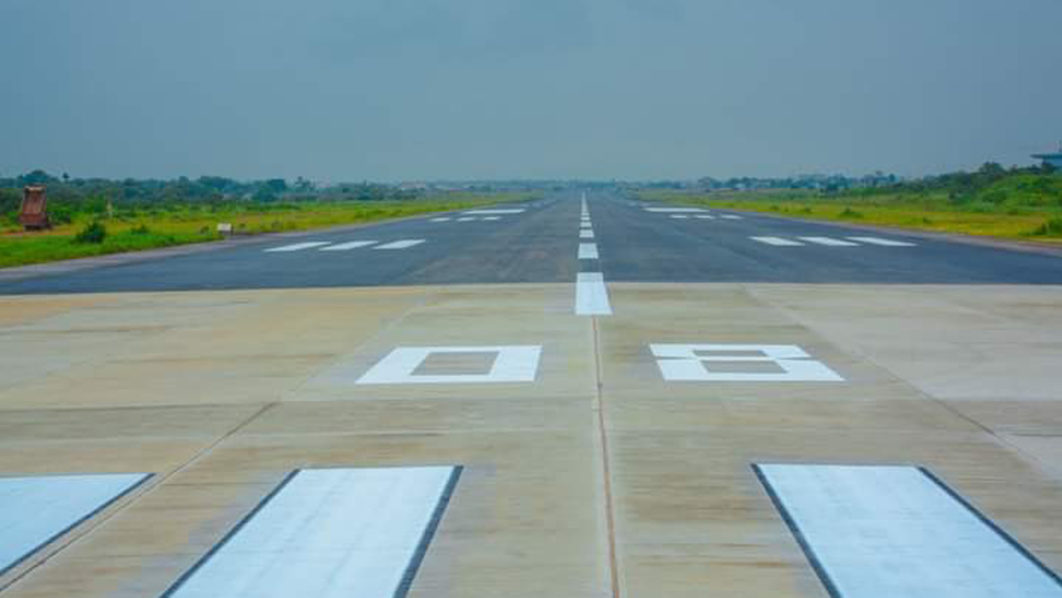
The International Air Transport Association (IATA) has released its 2024 Annual Safety Report, raising concerns over the growing rate of runway excursions in the African region.
Though the industry delivered another year of strong overall safety performance, including improvements on the five-year average for several key parameters, it took a step back from an exceptional performance in 2023.
Overall, there were seven fatal accidents in 2024 on 40.6 million flights. That is higher than the single fatal accident recorded in 2023 and the five-year average of five fatal accidents.
There were 244 on-board fatalities in 2024, compared to the 72 fatalities reported in 2023 and the five-year average of 144. Fatality risk remained low at 0.06, below the five-year average (0.1), although double the 0.03 reported in 2023.
With 10 accidents in 2024, the all-accident rate in Africa rose from 8.36 per million sectors in 2023 to 10.59 in 2024, exceeding the five-year average of 8.46.
Africa (AFI), however, recorded the highest accident rate, though the fatality risk remained at zero for the second year in a row.According to findings, the most common accident types in 2024 were runway excursions, followed by those related to landing gear. Forty per cent of all accidents involving AFI-based operators were on turboprop aircraft.
IATA’s Director-General, Willie Walsh, said that even with recent high-profile aviation accidents, it is important to remember that accidents are extremely rare.
“There were 40.6 million flights in 2024 and seven fatal accidents. Moreover, the long-term story of aviation safety is one of continuous improvement. A decade ago, the five-year average (2011-2015) was one accident for every 456,000 flights. Today, the five-year average (2020-2024) is one accident for every 810,000 flights.
“That improvement is because we know that every fatality is one too many. We honour the memory of every life lost in an aviation accident with our deepest sympathies and ever-greater resolve to make flying even safer. And for that, the accumulation of safety data, including the 2024 safety report, is our most powerful tool,” said Walsh.
In other regions, North America recorded 12 accidents, though the all-accident rate improved from 1.53 per million sectors in 2023 to 1.2 in 2024 and was better than the region’s five-year average of 1.26.
Fatality risk has remained zero since 2020. The most common accident types in 2024 were tail strikes, runway damage and runway excursions. While no accidents have been linked to debris from space operations, the increasing number of rocket launches presents challenges for air traffic management.
Asia-Pacific, with seven accidents in 2024, the all-accident rate increased from 0.92 per million sectors in 2023 to 1.04 in 2024 but remained below the five-year regional average of 1.1.
Fatality risk was unchanged from 2023 at 0.15. There was no dominant classification for accidents in the region, including tail strikes, runway damage and turbulence.
Middle East and North Africa, with two accidents in 2024, the all-accident rate improved from 1.12 accidents per million sectors in 2023 to 1.08 in 2024 and was also better than its five-year average of 1.09.
Fatality risk has remained zero since 2019. While no accidents were related to GNSS interference, it has emerged as a critical area of concern in the region.
IATA’s analysis of 2018-2023 accident investigations reveals that only 57 per cent were completed and published as obligated by the Chicago Convention.
Completion rates vary significantly across regions, with North Asia leading at 75 per cent, followed by North America (70 per cent) and Europe (66 per cent), CIS (65 per cent), Middle East and North Africa (60 per cent), Latin America and the Caribbean (57 per cent), Asia-Pacific (53 per cent) and Africa (20 per cent).
“Accident investigation is a vital tool for improving global aviation safety. To be effective, the reports of accident investigations must be complete, accessible, and timely. Annex 13 of the Chicago Convention clearly states this is a state’s obligation. Burying accident reports for political considerations is completely unacceptable. And if capacity is the blocker, we need a coordinated global effort to provide technical support to countries with limited accident investigation expertise,” Walsh said.






